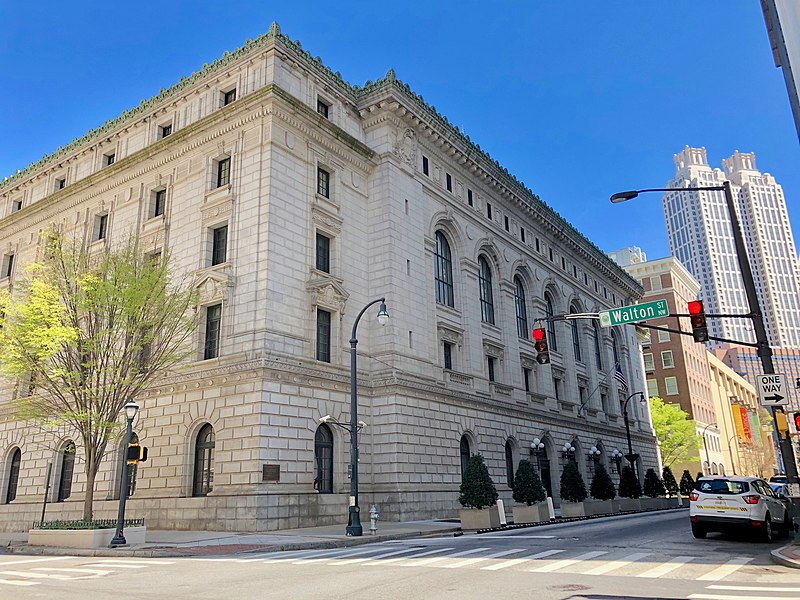11th Circuit Maintains Voter Purge Record Access for Nonprofits, but Adds Limits

Today, the 11th U.S. Circuit Court of Appeals issued a decision in a case challenging Alabama secretary of state’s refusal to produce purged voter records. The 11th Circuit ruled that although Alabama does have to release information to non-profit groups, it does not have to do so in a way that is accessible or cost effective for those groups.
In 2022, Greater Birmingham Ministries — a nonprofit civil rights organization — filed this lawsuit against former Alabama Secretary of State John Merrill (R) due to his refusal to produce records of voters who were purged after the 2020 election and voter registration applicants who were denied registration or purged from the state’s voter rolls because of felony convictions dating back at least two years.
Specifically, the plaintiffs alleged that Merrill refused to produce the requested voter purge records without payment of over $1,000 and also refused to produce the felony records altogether, claiming that they were “outside the scope” of the National Voter Registration Act (NVRA). In 2022, the trial court issued an opinion in favor of the plaintiff on all claims and ordered the Alabama secretary of state to produce all of the records requested by the plaintiff in digital form. Greater Birmingham Ministries was able to gain access to the purged voter records, but the Republican secretary of state appealed and the 11th Circuit reversed that opinion today.
Now, as a result of today’s opinion, non profit organizations such as Greater Birmingham Ministries will retain the ability to have access to purged voter information, but they will not be able to get that information electronically. Additionally, the court is now allowing the Alabama secretary of state to impose a fee that is greater than the cost of producing the records. As the dissent by former voting rights attorney Judge Nancy Abudu points out, this can be a “cost-prohibitive” barrier to groups doing important pro-democracy work.